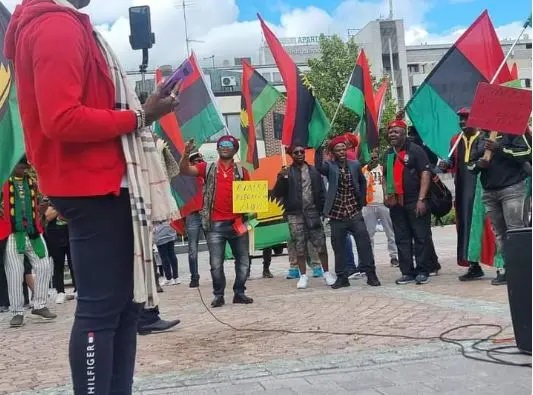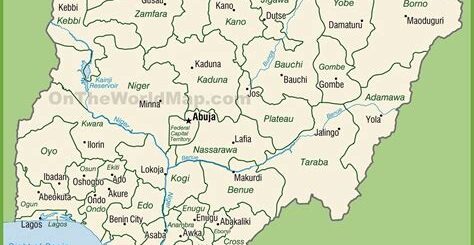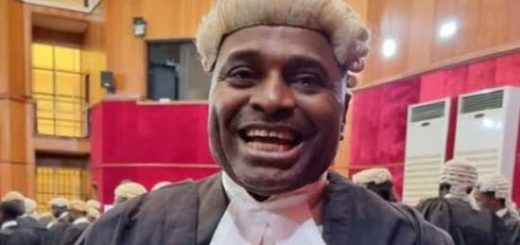Supreme Court to Hear IPOB’s Appeal on Terrorism Label
 The Indigenous People of Biafra (IPOB) has filed an appeal before the Supreme Court challenging the January 30 judgment of the Court of Appeal, which upheld its designation as a terrorist organization and its proscription by the Federal Government. IPOB filed a five-ground notice of appeal on February 7, 2025, through its lawyer Aloy Ejimakor, naming the Attorney General of the Federation (AGF) as the sole respondent.
The Indigenous People of Biafra (IPOB) has filed an appeal before the Supreme Court challenging the January 30 judgment of the Court of Appeal, which upheld its designation as a terrorist organization and its proscription by the Federal Government. IPOB filed a five-ground notice of appeal on February 7, 2025, through its lawyer Aloy Ejimakor, naming the Attorney General of the Federation (AGF) as the sole respondent.
IPOB is contesting the ruling, arguing that its proscription violated its constitutional rights, particularly the right to a fair hearing guaranteed under Section 36 of the Constitution. The group claims that the Court of Appeal erred by upholding an ex parte order that led to its designation as a terrorist group, without giving IPOB the opportunity to defend itself. IPOB argues that this decision undermines the right to a fair hearing and that the lower court misinterpreted the Constitution by prioritizing national security concerns over the group’s rights.
The group further claims that the Court of Appeal wrongly treated proceedings before a judge in chambers as equivalent to an ex parte hearing, thereby denying IPOB the chance to present its case. It also alleges that the court exceeded its jurisdiction by effectively declaring a “state of emergency,” a power reserved for the President under Section 305 of the Constitution.
In its appeal, IPOB argues that its pursuit of the Biafran state aligns with the right to self-determination guaranteed by the African Charter on Human and Peoples’ Rights, suggesting that its actions fall within the legal boundaries of international human rights law.
The appeal stems from a ruling by the Court of Appeal, which dismissed IPOB’s earlier appeal, affirming its proscription. The court had ruled that the Federal Government had acted lawfully in proscribing the group due to its violent activities, which were deemed a threat to national security. In the lead judgment, Justice Hamma Barka cited national security concerns and emphasized that individual rights must be suspended when they conflict with national security. He further argued that the corporate existence of Nigeria as a united, sovereign nation is more important than individual liberties during times of national security threats.
The court’s ruling also noted that IPOB had become known for violence, justifying the federal government’s decision to proscribe the group. The judgment followed the submission by IPOB’s lawyer, Chukwuma Machukwu Umeh (SAN), which claimed that the procedure adopted by the government in proscribing the group was flawed.
IPOB’s legal team insists that the government’s actions have subjected its members, primarily from the Igbo ethnic group, to discrimination and violated their constitutional rights. With the appeal now before the Supreme Court, IPOB seeks to have the Court of Appeal’s decision overturned and its proscription lifted. The outcome of this case could have significant implications for the group’s future and for national security and constitutional law in Nigeria.













